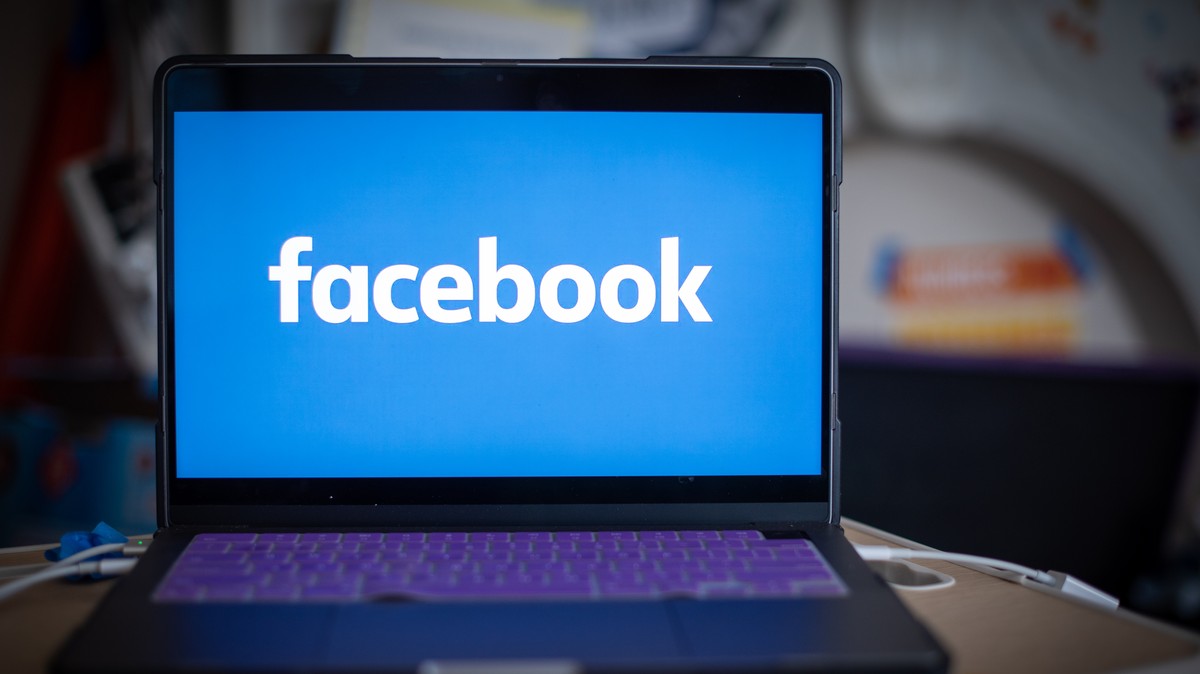Facebook Auto-Created Pages for ISIS and Al-Qaeda: Study

Facebook has auto-created the pages of designated terrorist organizations including ISIS and al-Qaeda for years, according to a new report.
The Tech Transparency Project (TTP) investigation comes less than a week before the Supreme Court hears a landmark case, which examines the responsibility of tech companies for policing terrorism online, and shows how the presence of terror groups continues to linger on Facebook despite years of pressure to remove that content.
In the years since the rise of ISIS, the company has taken measures to try and stem the problem of extremism on its platform. But TTP, a tech industry watchdog group, found that a tech “quirk” on Facebook unknowingly auto-generated landing pages for terror organizations when users list them under things like their work, education, local businesses, interests, or even locations—and no page already exists for it.
The outcome was a host of pages (mostly in Arabic, but several in English) featuring posts with images of the jihadist black standard, some with masked men in terrorist garb holding weapons, an al-Qaeda landing spot with an “About” section, and even listing ISIS pages as a “country/region… state”—something the terror group claimed it was after declaring itself as a pseudo-state when it controlled a swath of land between Iraq and Syria.
According to the report, some of the auto-generated pages enabled users to network, tag friends and message each other, with some accruing thousands of likes. (Facebook did provide small directions on the pages labeling them as an “unofficial Page.”)
TTP provided a list of active Facebook links to several of the pages referenced in the report for verification. While TTP finds that the majority of the ISIS pages were generated in the period of 2014 and 2015, four of the pages were created as late as October 2022 and the capability to create more still exists.
VICE News put the page generation to the test and was also able to review a screen-capture video of a user creating a profile from this month where they listed their job as an ISIS terrorist and were still given several options under the banner of the terrorist organization. An additional video that was reviewed, shows the same Facebook user changing their employer to “دوله السلامية” (ISIS in Arabic), located it in Raqqa, Syria (once a stronghold of the terror group where atrocities were carried out), and Facebook then automatically generating a page for the “Company.”
Facebook has maintained for years that it scours for and openly bans content from these sorts of groups. It came under fire in 2014, as ISIS exploded in numbers and the app was considered key to the terror group’s recruitment and propaganda strategy. Although Facebook was initially an important vector for ISIS, it drew on a vast online operation targeting any digital spaces millennials inhabited, including widely used platforms like Instagram and Twitter.
“What’s the benefit of using social media if I’m not using it to recruit?” a top ISIS recruiter told VICE News in 2014.
But at present, Facebook is no longer the major social media for terrorist organizations with encrypted platforms like Telegram and others taking that mantle.
Meta, the company that owns Facebook (and Instagram) said it didn’t have a detailed comment because TTP has not provided them with the report thus far. TTP says the watchdog hasn’t been asked by Facebook for the report.
“When these kinds of shell pages are auto-generated there is no owner or admin, and limited activity,” said a spokesperson. “As we said at the end of last year, we addressed an issue that auto-generated shell pages and we’re continuing to review.”
But TTP claims Facebook hasn’t taken the issue seriously after being notified several times.
“Despite repeated warnings and questioning from multiple lawmakers, Facebook has continued to create business pages for designated terrorist groups that thrive on digital propaganda—and it’s been knowingly doing so since 2019,” said Katie Paul, the researcher and author of the investigation.
“Facebook has instead touted its technology for fighting terrorist content in statements before Congress and responses to media,” she said.
The Pentagon and CIA still consider ISIS as a major national security threat, though the extremist organization was knocked down considerably from its heights of running what it called its own “caliphate” late last decade. U.S. forces regularly carry out drone strikes and combat operations in the Middle East and Africa against its dwindling leadership.
Next week the Supreme Court will hear Gonzalez vs. Google and look at whether or not the Silicon Valley giant should be held liable for promoting ISIS videos on YouTube. The case is being billed as a dispute that could shape the course of how American online life will be regulated in the coming years.



















You must be logged in to post a comment Login